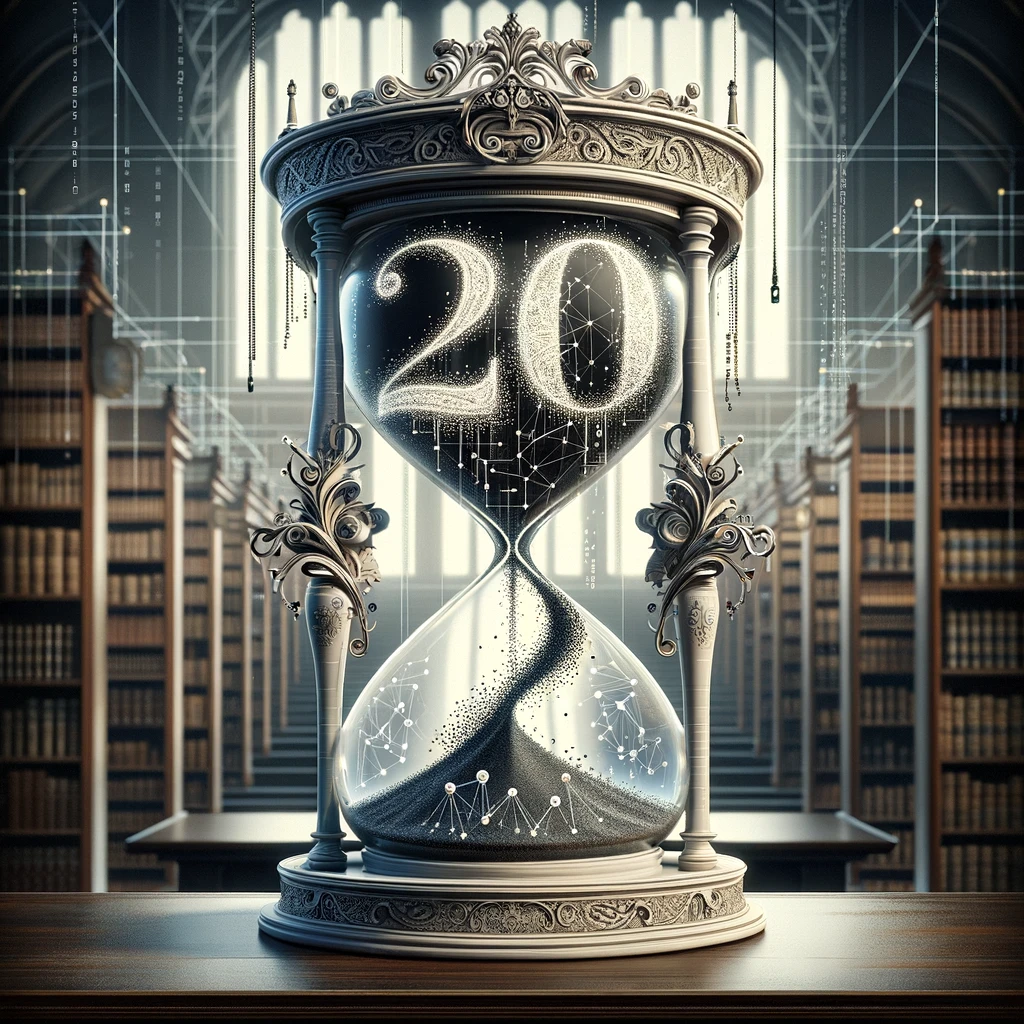20 years of JabRef - The Beginning
In the beginning, bibtex citation management was without form, and void. But LaTeX shone upon the desperate researcher and deep inside the mind of fearless Java developers’, great applications waited to be created. Bibkeeper (Morten O. Alver) and JBibtexManager (Nizar Batada) were born. Lines of code were written, features were implemented. Between these creative eruptions, the first similarities unfolded: Searchable Tables, editable entries. Soon the idea of joining forces grew, and strengthened, and prospered with every feature implemented. The fruit of all the efforts was an application, that united the power of modern citation management and that created a legacy that would stand the test of time: JabRef (Java Alver Batada Reference Manager)
[Inspired by Sid Meier’s Civilization intro.]
This blog post starts a series of posts on the 20 years anniversary of JabRef. We asked various contributors about their stories on JabRef and other insights. One of the early contributors was David Weitzman, who started contributing to JabRef while he was in high school:
Your Journey with JabRef: When, how, and why did you join/start to use JabRef? What were your initial impressions, and what motivated you to become a part of the team?
My memory is hazy, but old forum posts show that I was the second contributor to Bibkeeper. I was in high school at the time, so I can only assume some of my teachers wanted me to write bibliographies “correctly” and, being a programming nerd, I procrastinated on my writing assignments by building bibliography software instead.
By the time Bibkeeper and JBibtexManager merged later that year and became JabRef I had already gone off to study computer science in college and was no longer contributing.
Memorable Moments: During your active involvement, were there any standout moments or achievements that you’re particularly proud of?
I can’t remember anything, to be honest. Browsing through some old discussions on the SourceForge forum, it looks like I might have done some useful work to make parsing files in different formats much faster and more flexible. The codebase from the time is so old we were using CVS for version control!
The Bigger Picture: How do you perceive the evolution of knowledge management over the years, and what role do you think JabRef has played in this landscape?
I didn’t even know JabRef was still alive – I haven’t thought about it for 20 years!
Reflections on Java: As a language that has been central to our development, how do you view Java’s evolution and its impact on projects like ours?
I’ve been working on server-side software so long that I’m not sure what the desktop Java experience is like these days. I liked the idea of Java Web Start back when it was a thing, with the idea that anyone could click on a link and securely start using an app from the internet.
I love that Java has mature dev tools and works cross platform. I don’t love the need to have and distribute a JRE. I think if I were starting a desktop software project today, Java might not be my first choice language, in part because I wouldn’t want to put much thought into how to distribute the software as small, self-contained binaries across multiple platforms.
Life After JabRef: What path have you taken on after your active period with JabRef? How have your experiences here influenced your work?
I went off to college, studied computer science, and have been happily working as a software engineer ever since. The old SourceForge forum posts seem to suggest that I had enthusiasm at the time for making code more simple, flexible, fast, and robust. I think my colleagues today would probably agree that’s still true, so maybe some of my coding values have stayed the same after all these years.
Looking Ahead: What are your ideas for JabRef’s future? Are there any specific developments or directions you hope to see?
That’s a big question for someone who just found out today that JabRef still exists! I’m not caught up with the project or what’s going on, but maybe a web app / browser-based version of JabRef could make it more approachable and help bring in new users?
Thank you very much for answering our questions and your contributions in the past!
Nerd facts:
- The first commit in the source repository dates October 14, 2003, and Version 1.0 was released on November 29, 2003.
- The first homepage of JBibtexManager
- The first homepage of JabRef
